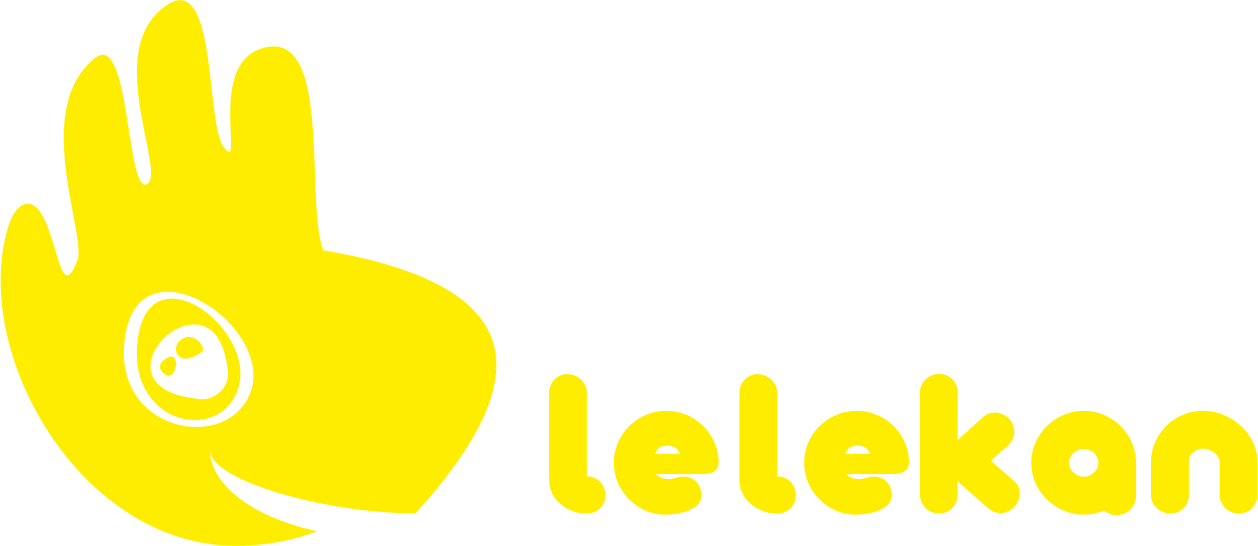Street Masters Game Review
Related Products

GAME PROCESS
Before a game in Street Masters, each player chooses one of the six fighter decks and places his character card. You then choose one of four enemy decks (each with its own boss, minions, and other cards) and finally choose one of eight scenario decks (each with its own layout instructions, special objectives, and event cards). When you place the heroes, boss, objective tokens and crates on the field, the game begins.

A round consists of a fighter phase, an enemy phase, and a scenario phase.
In the fighter phase, each player takes a turn - in any order. At the beginning of your turn, you draw a card from the enemy deck (as a result, a new enemy may appear on the field in your zone), and then you can take 3 actions in any order: move, play one card from your hand, and take one action ( this could be activating an ability with one of your played cards, moving extra, interacting with cards or the field, gaining defense tokens). At the end of your turn, all enemies in your zone are activated, after which you draw a card and it's the next player's turn.
In the enemy phase, you activate all cards in the enemy zone. In the scenario phase, all cards are in the scenario zone, after which you draw a new scenario card.

Most of the party, not surprisingly, will be taken up by the fight with the enemies on the field. When attacking, you roll the dice indicated on the card and add modifiers. Each die may drop a hit and/or block symbol. The dice here are "explosive": if a critical symbol falls out, you not only count it as a hit, but also roll the dice again. There are three main types of attacks: punch, kick and grab. When a character is attacked, he can place a block if he has the corresponding token. Then you flip your token over: it's now a power token that helps charge up your character's special ability.
To win, you need to defeat the boss. Defeat occurs if one of the heroes is disabled or if the corresponding scenario card is activated.

In addition to the standard "Arcade" mode, you can also play in the story mode, that is, in the campaign. In this mode, new maps appear: allies, rivals and upgrades for both heroes and enemies. They can also be used in the Arcade to make the game easier, more difficult, or just for variety. There are also story decks for each hero that can also be included in the game.
PROS OF THE GAME

- Even in one base there is a lot of variety. Enemy decks and scenarios can be shuffled around to create different parties, and different combinations of heroes force drastic changes in strategy. In addition, you can play in the campaign mode or simply add allies and opponents to the game. There is a lot of regrab here.
- All fighters are unique and all have their cool combos. For example, Gabriel has a lot of abilities that allow you to play additional attack cards and deal huge damage, while Yin Hua knows how to manipulate the enemy deck. In addition, all decks are delivered already assembled, and each has its own synergies, which makes learning a new character very interesting.
- Flipping defense tokens to charge your character's most powerful ability is both thematic and cool. Adds interesting tactical dilemmas to the game and also means you'll almost never waste.
- The game looks very attractive, especially the map artwork, but the field and miniatures are also nice.
- It's surprisingly easy to get the hang of, thanks in large part to the beautifully structured rulebook and helpful reminders for each player, as well as the fact that Street Masters is generally an easy game to play. All the newbies got involved after a few rounds.
CONS OF THE GAME

- What I don't like the most is that the difficulty is too low. In my games, there were a couple of tight contests until the finals, but overall the score is now 5-0, and this is despite the fact that I played with a different composition of participants. In the last game of three, we even added three opponents and still won. As I mentioned, I really like exploding cubes and block/charge tokens, but these mechanics give heroes too much of an advantage.
- There are a lot of details to keep an eye on. You can easily forget to do this and that in your turn. Also, it makes the game too slow for a tabletop fighting game. And sometimes very annoying; if you forget an active ability or miss one of the turn phases - in my experience everyone forgets to draw an enemy card at least once per game - then you will probably have to cancel the move and rethink your actions.
- Inserting miniature rubber stands is not easy. Although this is not a problem for minechki dyes.
CONCLUSION
Although Street Masters is less challenging than I expected, I still really enjoyed playing it. Each character has their own style, card decks and scenarios make each game unique and the game looks great.
In my opinion, Street Masters is a very good deck; it is not for nothing that many adore her. But I'm not likely to play it often because I prefer other bad-guy-beating games. Beatdown: Streets of Justice or Marvel Champions are similar but more difficult games that are generally superior to Street Masters. So for my collection Street Masters will not work.
However, I am very interested in other games with this wonderful modular deck system from the Sadler brothers. Yes, I'm looking forward to playing Altar Quest.




